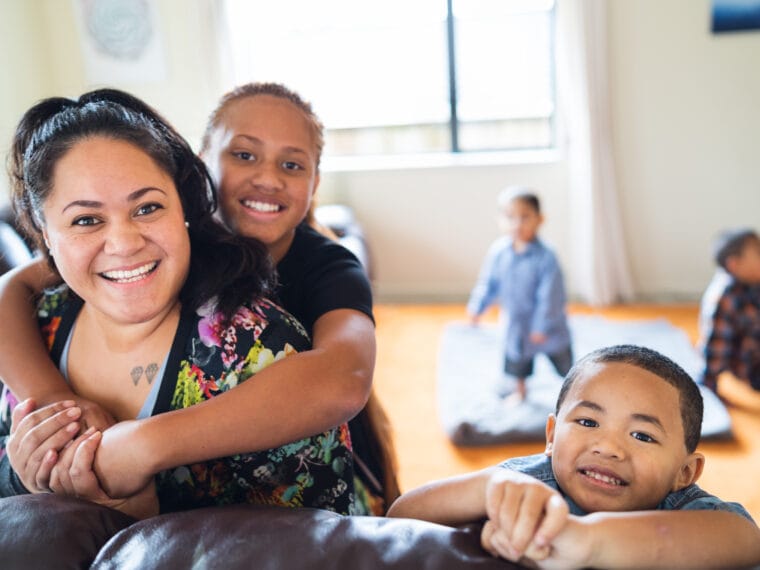Welcome to Rehumanising Parenting
This is a space where I explore what it means to place humanity — rather than performance, compliance, or perfection — at the centre of parenting.
Here, I share stories from my own journey alongside the reflections, nervous system insights, and gentle unlearning that have supported both my family and the families I walk with.
Rehumanising Parenting is a response to models that reduce parenting to strategy. It recognises that parenting neurodivergent children, especially those navigating burnout, PDA, or chronic stress, cannot be separated from context, capacity, and relationship.
This work is neuro-affirming, low-demand, and grounded in nervous system safety. It honours adaptation rather than shaming it. It values connection over control. It understands behaviour as communication, not character.
Parenting a neurodivergent child or teen isn’t just about what we do. It reshapes who we are becoming, not only as parents, but as whole humans with needs, histories, grief, and longings of our own.
Reparenting ourselves.
Tending to our nervous systems.
Reclaiming identity beyond the role of “good parent.”
Questioning systems that never saw our children clearly.
You’ll find those threads woven throughout this blog.
I write from lived experience, as a parent, educator, and fellow human walking this path, not as a therapist or medical professional. My work is informed by research, by advocacy, and by the wisdom of the families I have the privilege to support.
If you’re looking for a place that prioritises relationship over rules and context over comparison, I hope this feels like a soft place to land.
And if something resonates, you’re welcome to linger, share, or simply carry it quietly with you.
We are not meant to do this alone.
T x









